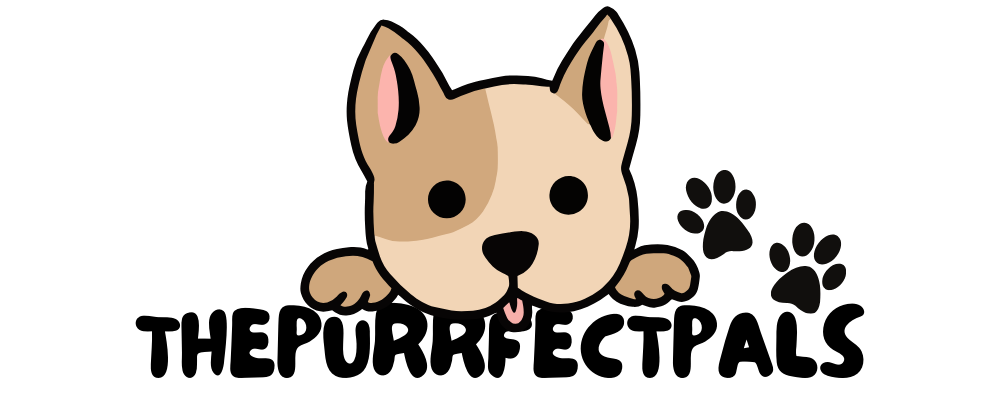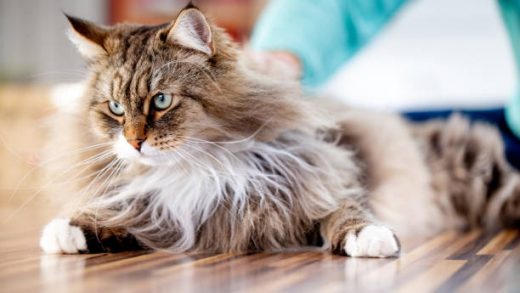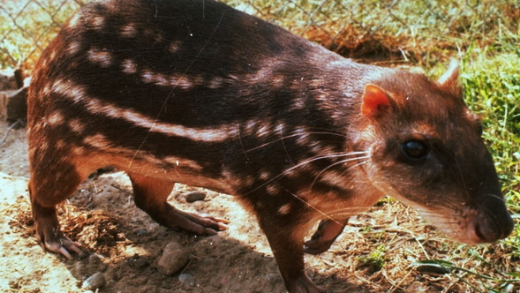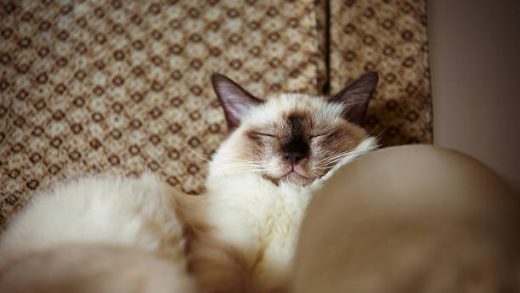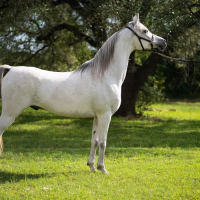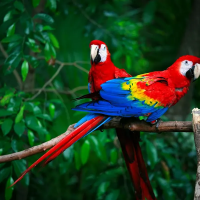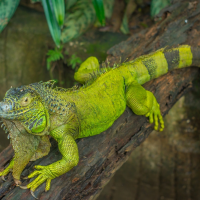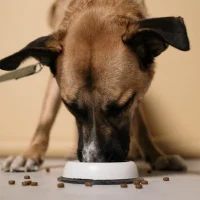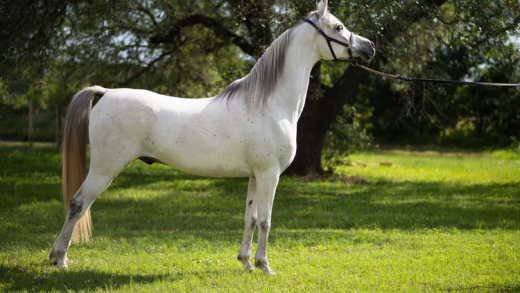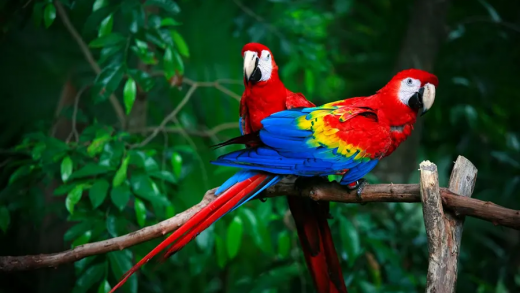Popular exotic pets birds like parrots, cockatiels, and finches are prized for their vivid colours, sharp minds, and gregarious dispositions. These feathered friends do, however, have certain health issues of their own that need for particular attention and care. This article examines common health problems in exotic pets birds and provides helpful advice on how to avoid them so that your feathery companion remains happy and healthy.

Table of Contents
Nutritional Deficiencies
Causes and Symptoms
Among the most prevalent health issues in exotic pets birds are nutritional deficits, which are sometimes brought on by an unbalanced diet. Exotic pets birds need a varied diet consisting of specific pellets, fruits, vegetables, and seeds. Feathers of low quality, weight loss, lethargy, and plucking are signs of dietary inadequacies.
Prevention
Balanced meal: Offer a diverse meal consisting of premium bird pellets, as well as fresh produce, fruits, and occasionally seeds.
Supplementation: If your bird’s food is deficient in any particular nutrient, use vitamin and mineral supplements as directed by a veterinarian.
Steer clear of overfeeding seeds: seeds should only be a small portion of a meal, not the primary one, as they are low in important nutrients and high in fat.
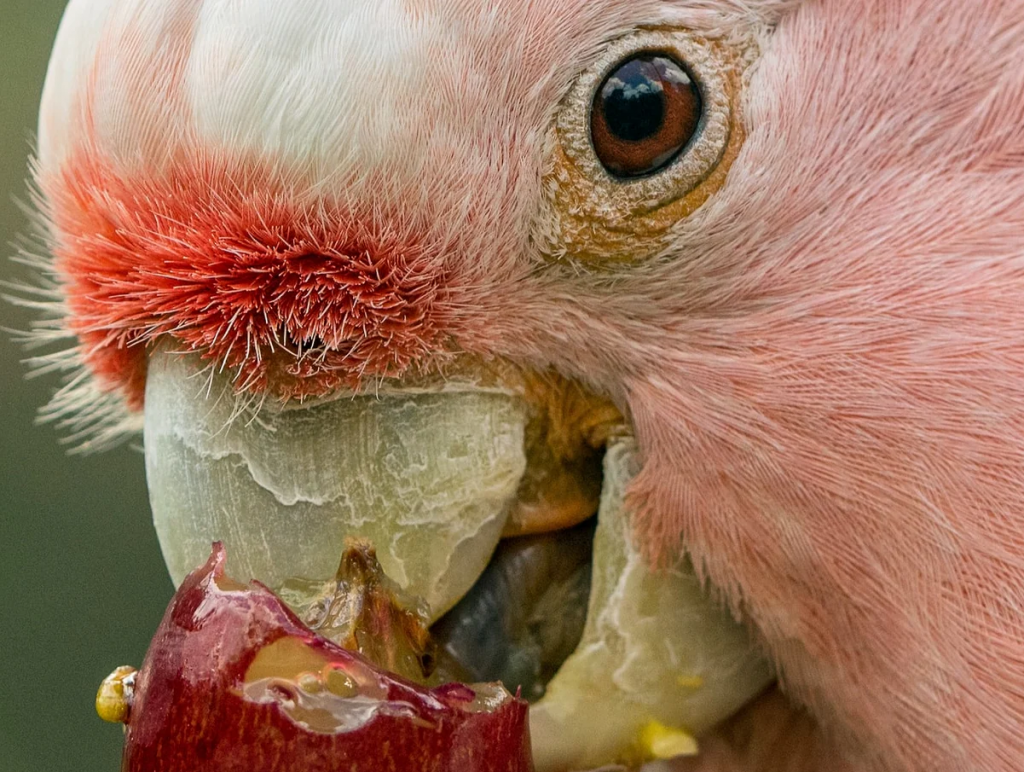
Respiratory Infections
Causes and Symptoms
Bird respiratory infections can be brought on by bacteria, viruses, fungus, or external elements like contaminated air. Sneezing, nasal discharge, coughing, wheezing, and laboured breathing are among the symptoms.
Prevention
Clean Environment: Maintain the cage and surrounds of the bird, changing the bedding on a regular basis and making sure there is adequate ventilation.
Avoid Drafts: To avoid respiratory discomfort, keep the cage free from smoking, drafts, and strong odours.
Frequent Health Checks: Arrange for routine veterinary examinations to identify and address respiratory conditions early on.

Psittacosis (Parrot Fever)
Causes and Symptoms
Chlamydia psittaci is the causative agent of pustacosis, a bacterial infection that mostly affects parrots among other bird species. Humans may contract it (zoonotic illness). Lethargy, greenish droppings, nasal discharge, and respiratory distress are among the symptoms in birds.
Prevention
Before adding additional birds to your flock, quarantine them for a minimum of thirty days to ensure they show no symptoms of sickness.
Frequent Testing: Especially if your birds interact with other birds, have them tested for psittacosis on a regular basis.
Maintaining Good Hygiene: Wash your hands well after handling birds and tidying their cages.

Feather Plucking in Exotic Pets (Birds)
Causes and Symptoms
Nutritional deficits, stress, boredom, or underlying medical issues can all lead to feather plucking. Birds who groom themselves excessively can cause bald spots and skin discomfort by pulling out feathers.
Prevention
Appropriate Diet: Make sure your exotic pets bird is receiving a well-rounded diet full of vital nutrients.
Mental Stimulation: To keep people from being bored or stressed, provide them lots of toys, perches, and social opportunities.
Veterinary Care: Speak with a veterinarian for guidance on behavioural therapies as well as to rule out any medical issues.

Beak and Feather Disease (PBFD)
Causes and Symptoms:
Birds, especially parrots, are susceptible to PBFD, a viral infection that damages their beak, feathers, and immune systems. Feather loss, aberrant feather growth, abnormalities in the beak, and secondary infections brought on by a compromised immune system are among the symptoms.
Prevention
Testing and Quarantine: Before bringing new birds into your flock, separate and examine them.
Good Hygiene Practices: Keep the surroundings tidy to stop the infection from spreading.
Frequent Health Monitoring: Keep an eye out for any indications of PBFD in your birds and seek veterinary advice for prompt diagnosis.

Conclusion
It takes a mix of good food, a hygienic and stimulating habitat, routine veterinarian care, and close observation of your exotic pet’s behaviour and physical state to prevent common health issues in exotic pet birds. You can maintain the health and vitality of your exotic pets bird by being aware of these typical issues and taking preventative action. Being a responsible pet owner means always learning new things and making adjustments to suit your feathered companion’s demands.
People also search for: Russian Blue: A Unique Cat Breed Overview, Characteristics, Care and Information (2024)
